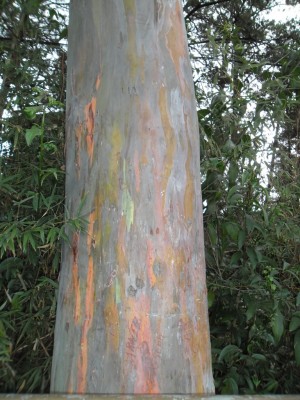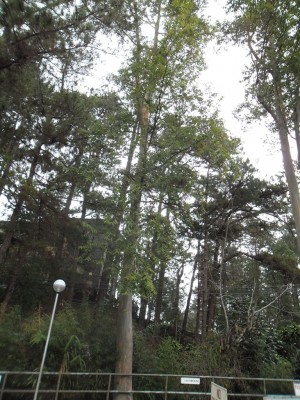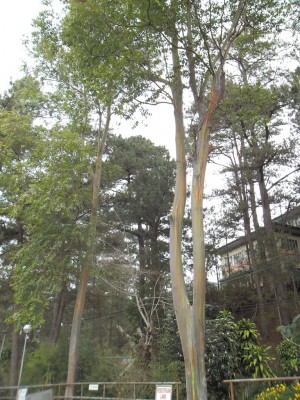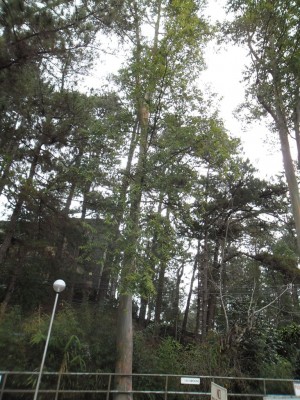Worldwide, concerned people will mark this day with activities aimed to generate awareness of the need to care for the earth.
Theme of this year's celebration is,"The Face of Climate Change." (Click Here)
Organizers of the yearly event said, "It is estimated that more than one billion people around the world will take part in the 43rd anniversary of Earth Day. From Beijing to Cairo, Melbourne to London, Rio to Johannesburg, New Delhi to New York, communities everywhere will voice their concerns for the planet, and take action to protect it. We’ll harness that power to show the world The Face of Climate Change. And we’ll call on our leaders to act boldly together, as we have, in this pivotal year. "
Below is a interesting article on "The Rainbow Tree" from the Good Shepherd Sisters in Baguio.
The Rainbow Tree

Locally known as Bagras, it is the only species of the Eucalyptus genus that is native to Mindanao, hence it is internationally referred to as the Mindanao gum. While Australia has over 600 eucalyptus species, none can compare to the beauty of our very own eucalyptus deglupta.
The Bagras can grow up to 60 to 75 meters tall, its trunk up to 200 cm in diameter. It is considered an evergreen and is a threatened species in its native habitat. Its leaves and bark can be made into tea to cure coughs, colds and fever. Its aroma repels mosquitoes. Propagation is by seeds.
Why native trees? Professor James La Frankie said that “the challenge in reforestation with native trees lies in the richness and diversity of our Philippine Flora: 10,000 different kinds of flowering plant . . . 3,600 native trees”.
We hope to see more of these indigenous Rainbow Eucalyptus trees in our gardens, along highways, in parks, church and school yards and in urban communities.
There are eighteen (18) of these “painted” trees near the convent, St. John Eudes House of Prayer and Mt. Maid Training Center. We are forever grateful to the sisters and gardeners who planted these trees many years ago.
Submitted by: Sr. Mary Guadalupe Bautista, rgs
Good Shepherd Baguio
 |
 |
|

